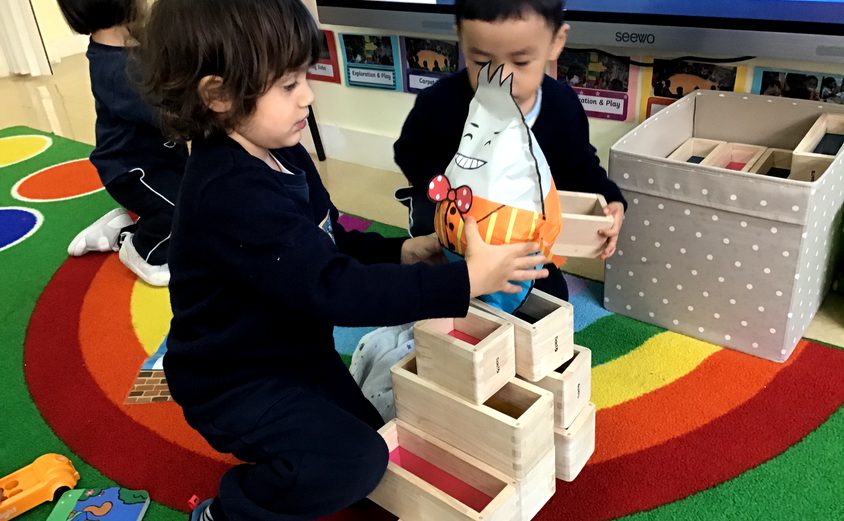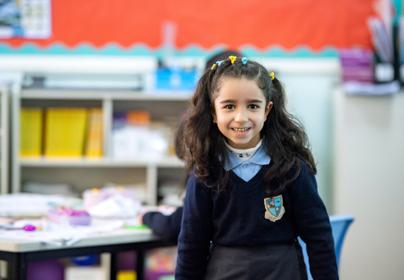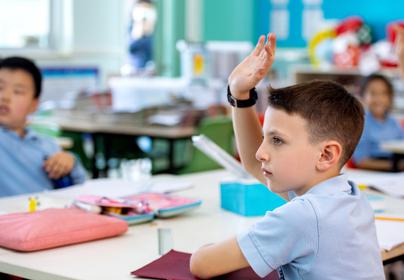As the only international school in Shanghai to have gained full accreditation from both COBIS and CIS, Britannica International School, Shanghai is British owned and managed, with experienced native British teachers and a personalised approach to learning, making us an excellent school choice for families in Shanghai
For prospective parents who need to enrol their child in an international school and would like to learn more about how your child can benefit the most out of the Best of British Education at Britannica, they are more than welcome to register for one of Britannica's Open Days for All Three Phases (2-18 years)on 24th March and 1st April via the button above.
The following article will give you an insight into our EYFS curriculum and its core values that well present the Best of British Education.



Play based learning holds high value within our EYFS at Britannica. The benefits in taking part in such activities include improvements in the cognitive, physical, social, and emotional well-being of children. Our experienced teachers understand through well-planned play, children are able to learn about the world and themselves. It allows opportunity for children to develop richer language, concentration, exploration skills and curiosity, which have positive implications for how they approach future learning; in the words of Albert Einstein himself, ‘Play is the highest form of research.’ Allowingopportunity for children to learn through play enables children to engage in the flexible and higher-level thinking processes essential for the learners of today.
At Britannica, we use carefully and purposefully planned play-based learning in all areas of the Early Years curriculum. Finding relevance for the child engages them and they are then able to take their learning further because they are doing something that they enjoy. It has been well researched that children learn best when they are given the opportunity to explore, play and investigate.
Our resources are organised so children can access them easily, allowing children to make links and extend their own learning independently. Some areas have a specific focus, such as painting repeating patterns whereas others are open-ended; for example, in our ‘Conversation Station’ children are given a question, such as: ‘We have been reading The Gruffalo. What animal would you be and why?’
As experienced teachers at Britannica, we are constantly reflecting and evaluating our practice to ensure that children are given the opportunity to take part in meaningful learning experiences that encourage them to be more co-operative and work collaboratively, whilst promoting speaking and listening skills.




